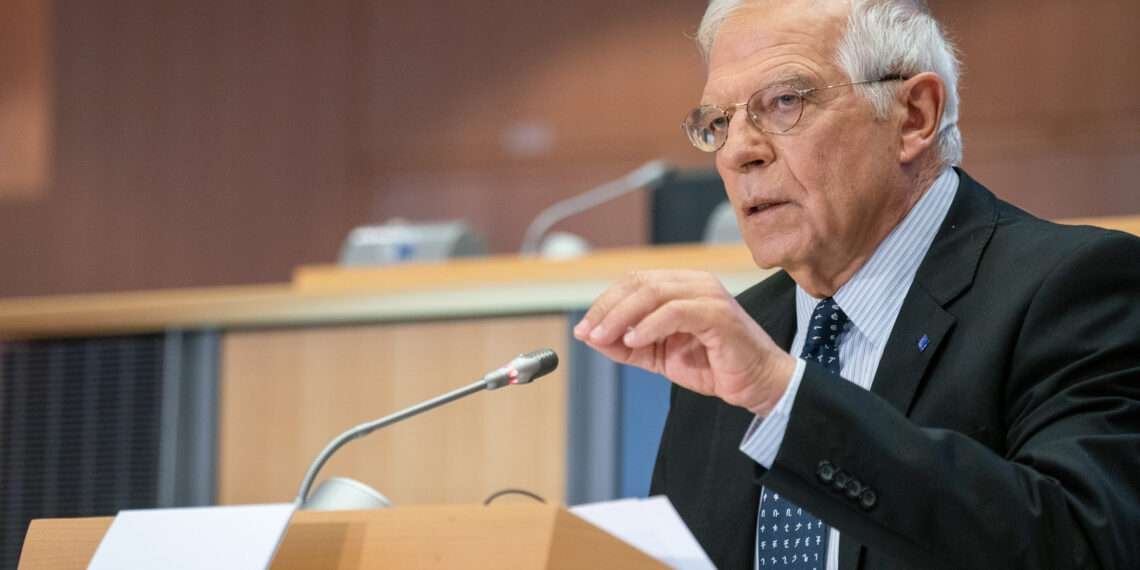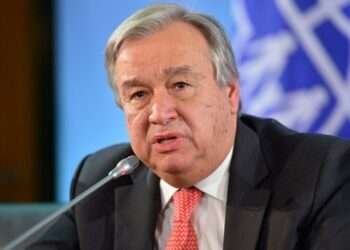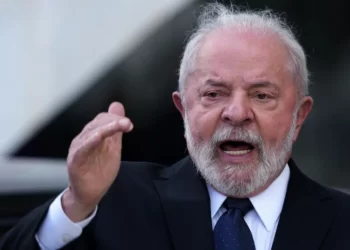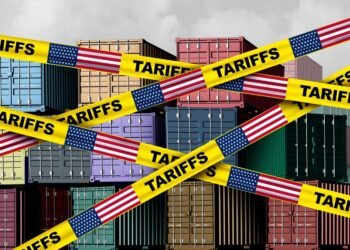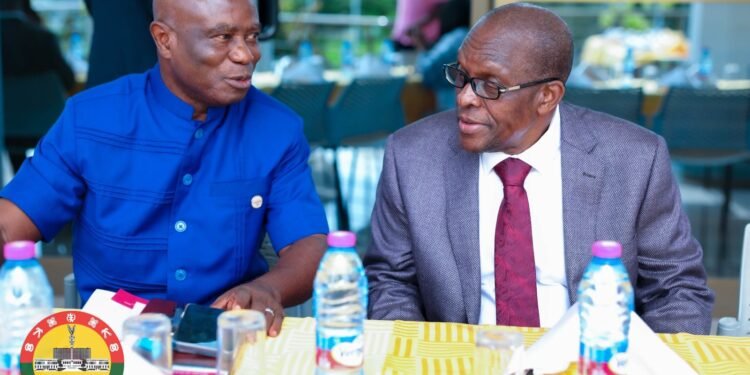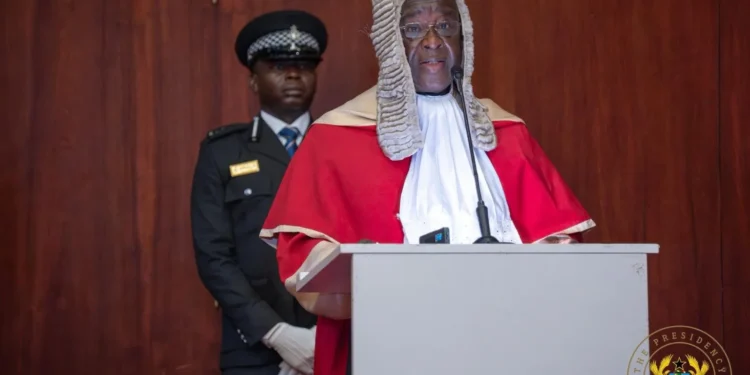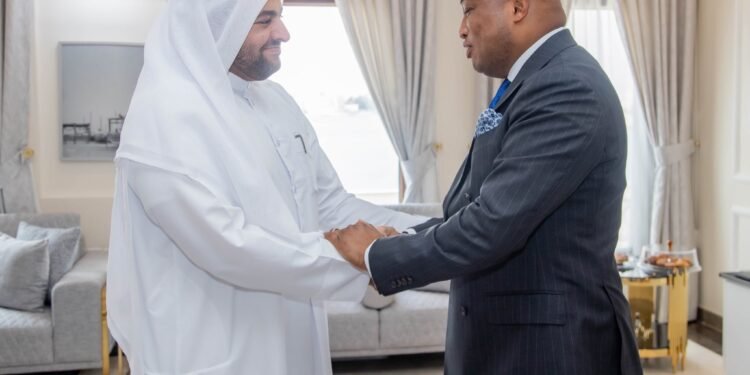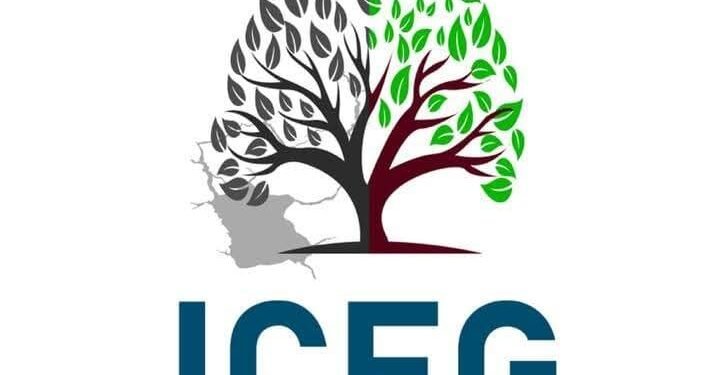In light of persistent controversies between the two economic powers over trade, human rights, and the conflict in Ukraine, China has unexpectedly called off a senior official of the European Union’s trip to Beijing.
According to a statement made by the EU’s ambassador to Beijing, the EU’s official for Foreign Policy and Security, Josep Borrell, was scheduled to make a trip to China on July 10 for meetings with Qin Gang, the Chinese foreign minister, and other Chinese officials.

Ambassador Jorge Toledo disclosed that, the diplomats from EU and China planned to talk about issues like trade, human rights, and China’s stance on the conflict in Ukraine. However, China surprisingly pulled out of Borrell’s visit without any reasonable explanations.
“Unfortunately, we were informed by the Chinese counterparts that the envisaged dates next week are no longer possible and we must now look for alternatives. It is for China to communicate on the reasons. We will adapt and find together a new date.”
European Union spokesperson, Nabila Massrali.
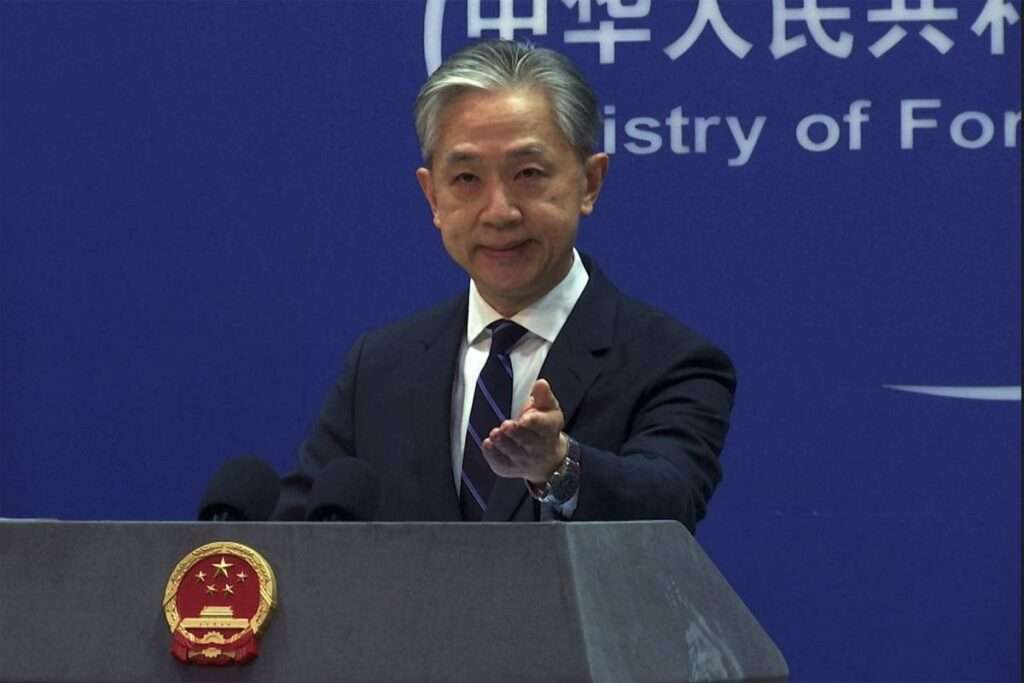
On the other hand, China’s Foreign Ministry has been vague on the issue.
“China attaches high importance to Sino-European relations and has maintained exchanges with Europe at all levels and in various aspects. We welcome Representative Borrell to visit China as soon as possible at the convenience of both sides, and we are ready to carry on exchanges with the European side.”
Ministry Spokesperson Wang Wenbing.
The EU stated that, Borrell initially postponed his trip to Beijing that was planned for April, after testing positive for Covid-19.
However, the reason for the most recent revocation remains unknown, but it comes shortly after a conference of EU member states last week, where the alliance approved a plan access essential supplies from places other than China, while maintaining that, it wasn’t interested in completely “decouple” from the second-largest economy in the world.
The member nations also reaffirmed the EU’s “multifaceted” stance on China, which the union describes as “simultaneously a partner, a competitor, and a systemic rival.”
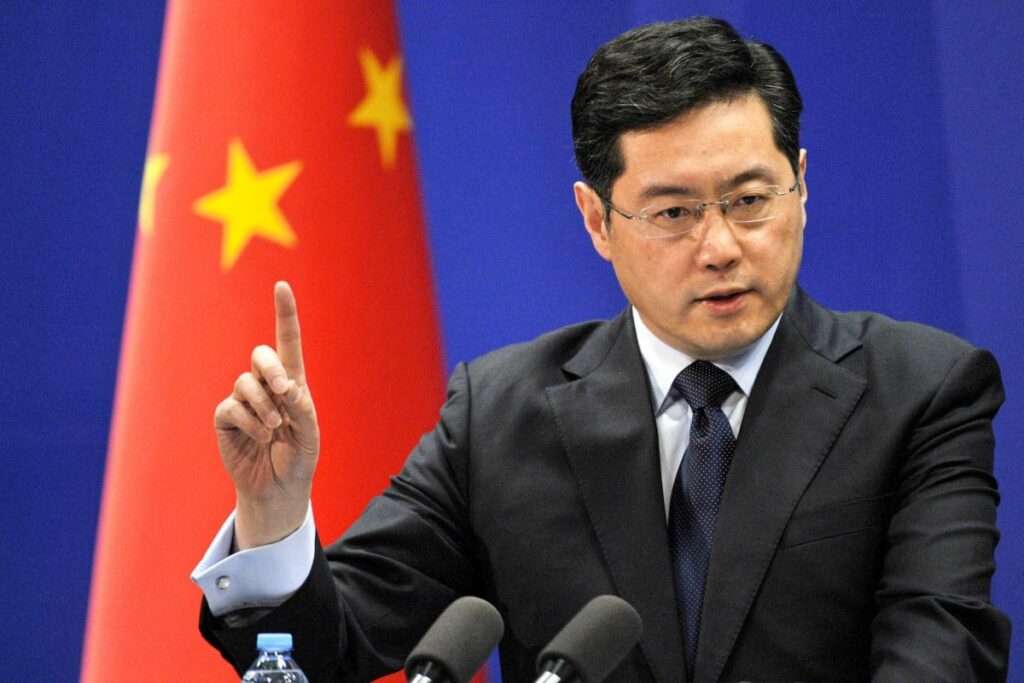
Beijing took great offense at the “systemic rival” moniker, which the EU first used in 2019, as well as recent European moves to cooperate with the United States on lessening reliance on Chinese trade and supply chains.
Additionally, Beijing has been criticized for refusing to denounce Russia’s invasion of Ukraine. Despite Beijing’s claims to be impartial in the war, Moscow has benefited from numerous state visits and cooperative military exercises that Beijing have organized.
Last week Beijing was urged by EU member states to “press Russia to stop its war of aggression and immediately, completely, and unconditionally withdraw its troops from Ukraine.”
Such demands were made by French President Emmanuel Macron and European Commission President Ursula von der Leyen, during their travels to Beijing earlier this year.
furthermore, the EU has opposed to the shift in the present status quo of China’s ties with Taiwan, despite Beijing’s ongoing threats to annex the self-governing island, which it views as a renegade province.
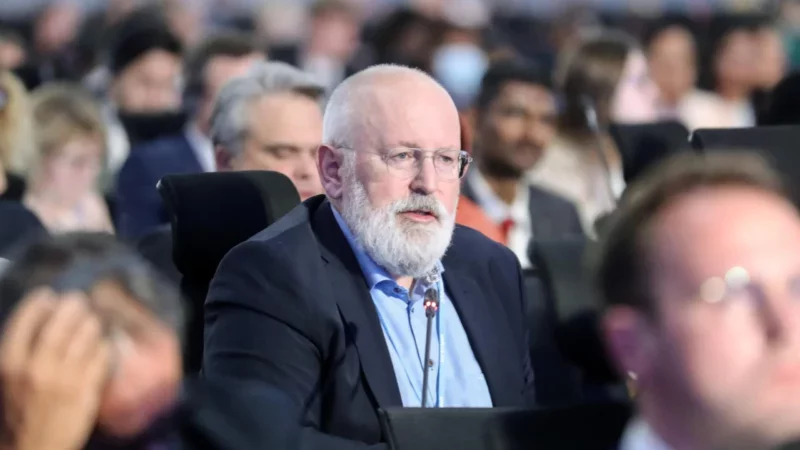
Moreover, during a high-level climate discussion between the EU’s top climate official, Frans Timmermans, and China’s climate envoy, Xie Zhenhua, in Beijing, it looked that China and the EU had more in common.
Since the beginning of the epidemic, it had been a while since the two sides had a face-to-face meeting to discuss climate change and the environment.
According to Toledo, Beijing and Brussels have scheduled to host two additional summits in September, focusing on economic and digital collaboration.

